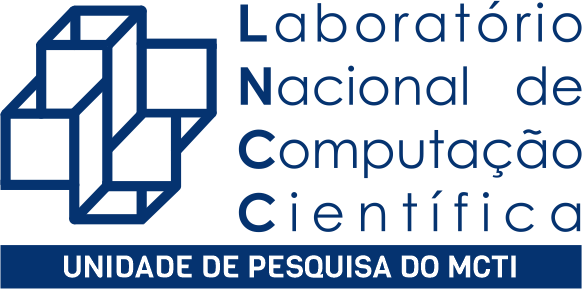EVENTO
Multi-Scale Modelling of Fibrous Materials: from the elastic regime to failure detection in soft tissues
Tipo de evento: Defesa de Tese de Doutorado
Fibrous materials are an important class of either biological and artificial materials and hence are essential to a wide spectrum of fields, ranging from medicine and biology to industrial applications. From the vast number of soft biological fibrous materials, this thesis found its inspiration from those tissues of the arterial walls. This is mainly motivated by the fact that cardiovascular diseases are one of the leading causes of death worldwide and consequently, to gain insight into the mechanisms underlying the progression of most of these diseases, a detailed characterisation of the mechanical behaviour of the arterial wall is required. This involves not only the simple phenomenological model for the material, but also the understanding of evolution processes such as damage, growth, remodelling and, eventually, failure. In this context, the multiscale constitutive modelling raises as a rational approach in which these complexities are naturally accounted for through micromechanical interactions between the basic unit blocks of the biological soft tissues, such as collagen fibres, pores, smooth muscle cells, etc. In particular, this thesis deals with the construction of a multiscale model to characterise the macroscale constitutive behaviour of a fibrous material featuring a discrete microstructure, i.e., a network of fibres. Both, the purely elastic and inelastic regimes in the finite strain setting are addressed, and in the latter case, until failure and strain localisation phenomena emerge. To reach this aim, the classical multiscale theory for continua had to be generalised to deal consistently with randomly distributed pores crossing the Representative Volume Element (RVE) boundary. Importantly, this theory provides a novel minimally constrained kinematically admissible set for the displacement fluctuations, consisting in the lower bound of the mechanical response and also is of utmost importance to analyse microscopic strain localisation phenomena. Finally, as the third and last contribution of the thesis, on the light of the discontinuous bifurcation analysis, we use the derived multiscale model for a network of fibres to study the macroscale manifestation of damage processes unfolding at the level of individual fibres. Hence, strain localisation is observed and is identified as the main cause of nucleation of macroscale cracks, characterising the critical point of failure in our context. Such point, in which the macroscale problem becomes ill-posed, is determined by the spectral analysis of the so-called acoustic tensor, which also provides information about the macroscale failure pattern (unit normal and crack opening vectors). In all these models, the Method of Multiscale Virtual Power (MMVP) has been employed, providing a systematic methodology based on variational formulations to characterise the microscale equilibrium problem, consistent boundary conditions, as well as the homogenisation formulae which define the associated first Piola-Kirchhoff stress tensor and the constitutive tangent tensor in the macroscopic continuum.. Numerical experiments showing the suitability of the present methodology are shown and discussed.
Data Início: 05/04/2019 Hora: 14:00 Data Fim: 05/04/2019 Hora: 17:00
Local: LNCC - Laboratório Nacional de Computação Ciêntifica - Auditorio A
Aluno: Felipe Figueiredo Rocha - LNCC - LNCC
Orientador: Pablo Javier Blanco - Laboratório Nacional de Computação Científica - LNCC Raúl A. Feijóo - Laboratório Nacional de Computação Científica - LNCC
Participante Banca Examinadora: Abimael Fernando Dourado Loula - Laboratório Nacional de Computação Científica - LNCC Eduardo Alberto Fancello - Universidade Federal de Santa Catarina - UFSC Fernando A. Rochinha - PEM/COPPE - PEM/COPPE Marcio Arab Murad - Laboratório Nacional de Computação Científica - LNCC Pablo Javier Blanco - Laboratório Nacional de Computação Científica - LNCC Regina Célia Cerqueira de Almeida - Laboratório Nacional de Computação Científica - LNCC Rubens Sampaio - Pontifícia Universidade Católica - PUC/RJ
Suplente Banca Examinadora: Antônio André Novotny - LNCC - LNCC


